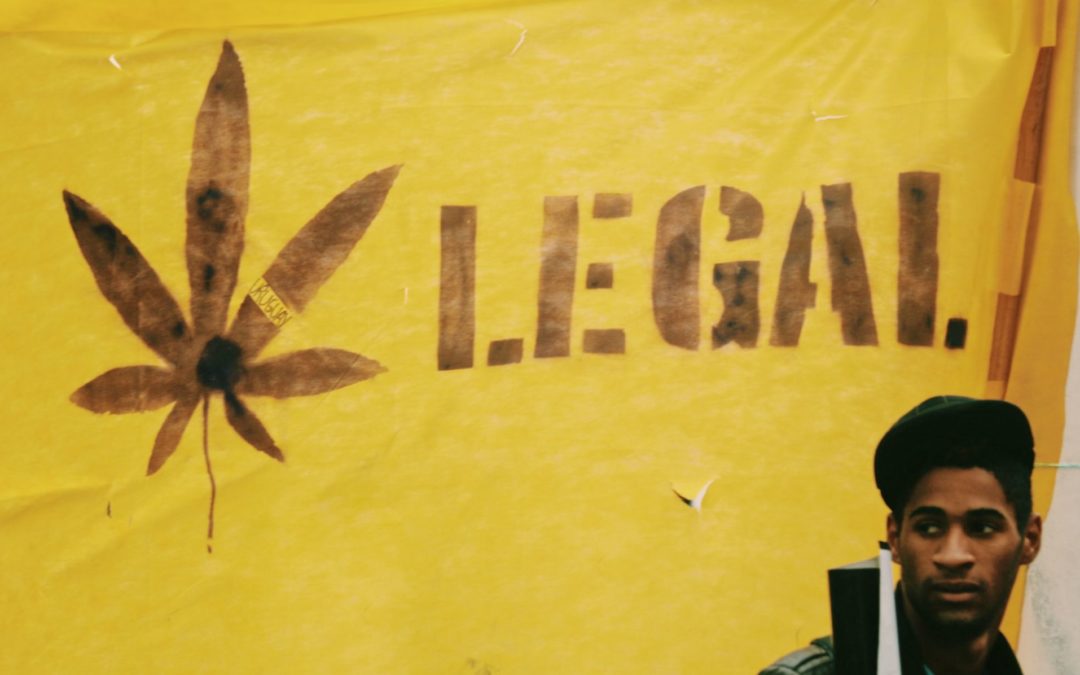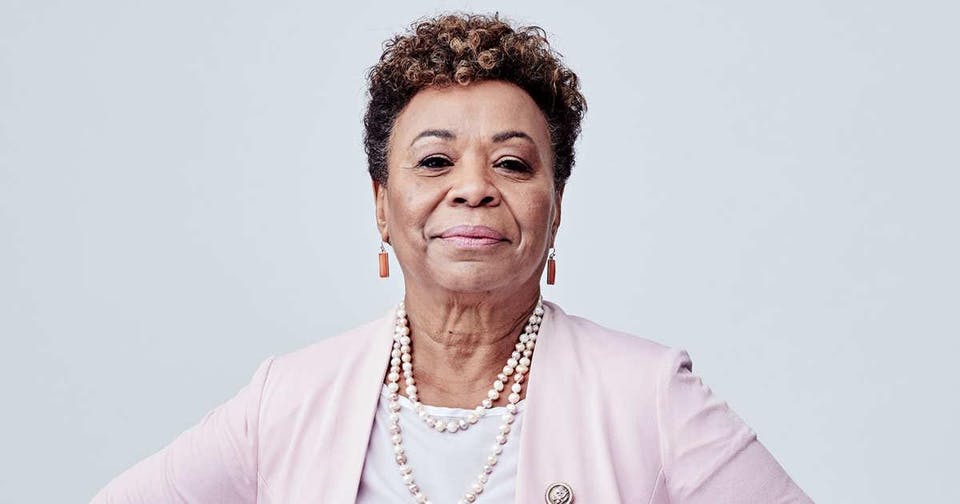While cannabis is legal recreationally and medically in Oregon, Michigan, California and Nevada as well as other states, it is not legal to transport it across state borders. In order to change that law, cannabis will need to be rescheduled on the federal drug Schedule 1 category listed or taken off that list altogether, which could happen as early as 2021 in the U.S. Senate changes hands during the next election.
The major roadblock to cannabis being treated the same the same as CBD oil or aspirin is classifying it from a lethal drug to a more reasonable Drug Enforcement Agency category other than Schedule 1 or no category at all. Cannabis is currently in the top category of the DEA’s drug scheduling list, which proponents say isn’t reflective of its content and use.
Law changes at the state level are common as 33 states now see the plant favorably, but until the Drug Enforcement Agency (DEA) changes its stance or is forced to change its stance through legislation or Executive Order.
There is a consensus that cannabis has many healthy qualities and more research needs to be done to find out how a plant can stop needless suffering. Opening up the avenues of research means finding better healthcare from a powerful plant. Bringing relief to PTSD, CTE and anxiety sufferers is common sense and is considered long past due.
Benefits of declassifying include more freedom for the public to choose a course of treatment. President Trump has given no indication he would be against reclassifying or exporting cannabis state to state or worldwide.
What stands between a travel or export change is the U.S. DEA and FDA drug classification list. Both agencies choose to ignore the value, medically and financially, of what cannabis can do.
All can be accomplished by reclassifying or declassifying.
The Roadblock that is the DEA/FDA
A mere easing of federal banking regulations could help the flow of cannabis within the states, but the key to exporting worldwide is rescheduling. States are reporting yearly income from sales exceeding $550 million. The logical next step is rescheduling.
Under the DEA, drugs and other controlled substances are divided into five schedules. Substances are judged whether they have an accepted medical use in treatment in the U.S., their relative abuse potential, and the likelihood of causing dependence.
- Schedule I controlled substances have no accepted medical use, a lack of accepted safety for use under medical supervision and a high potential for abuse. Examples are Heroin, LSD, cannabis, peyote, ecstasy and “bath salts.”
- Schedule II drugs have a high potential for abuse that may lead to severe psychological or physical dependence. Examples include Methadone, oxycodone, fentanyl, morphine, opium, codeine and Ritalin.
- Schedule III Substances have a potential for abuse less than substances in Schedule II. Examples include products containing less than 15 milligrams of hydrocodone per dosage unit such as Vicodin, and include non-narcotics such as ketamine and anabolic steroids.
- Schedule IV Controlled Substances have a low potential for abuse relative to substances in Schedule III. Examples include: Xanax, Valium and Ativan.
- Schedule V Controlled Substances consist primarily of preparations containing limited quantities of narcotics with limited potential for abuse. Examples include cough preparations containing not more than 200 milligrams of codeine per 100 milliliters.
Putting cannabis along with heroin and bath salts in Schedule I or putting cannabis in Schedule II with oxycodone (OxyContin, Percocet) morphine, opium, codeine and fentanyl is not fitting, experts say.
Lobbyist Michael Correia of National Cannabis Industry Association
https://thecannabisindustry.org/
says his group wants to delist cannabis altogether.
“We believe is should be delisted and regulated at the state level,” Correia said. “It should at least be relisted, and the lower on the list the better. Once you do that, you open it up to exportation.”
Schedule III is more comparable with the language that drugs there “have a potential for abuse less than substances in Schedules I or II.” However, steroids and Vicodin reside in Schedule III. Schedule IV would be fine with drugs that have a low potential for abuse relative to substances in Schedule III, but include the likes of Xanax, Valium and Ativan. An acceptable category is Schedule V with substances at low potential for abuse relative to Schedule IV with preparations containing limited quantities of cough preparations.
Placement in categories III, IV or V would mean substantial progress. No classification at all for a plant is justified but also could be light years away.
U.S. Rep. Barbara Lee, D-Calif.,
https://lee.house.gov/ a torch bearer for cannabis legislation, is out for sweeping reform and promises to be a steward of expansion. Elected to her district in Oakland in 1998, she would love to see marijuana off the controlled substance list.
Lee has been writing legislation to help veterans attain free cannabis, expunge all past misdemeanors and have past felonies go before a judge for reconsideration. She also wants to take away federal interference that threatens funding blockages for cannabis. She has a goal of increasing minority ownership by making it easier to own a business in the zip code a potential owner resides.
“This industry is here to stay,” Lee told elevate Nevada magazine. “Jobs are being created. We have the opportunity to develop an industry that does not have the baggage others have. We can get this right up front.”
Lee, who worked on Shirley Chisholm’s presidential run in 1972, is on the House Appropriations Committee and the Budget Committee and has active bills for research and free cannabis for vets included in the Safe Harbor Act.
“I have a lot of hope for that bill getting through,” She said. “Veterans have really benefitted from medical cannabis. Research is the humane thing to do.”
Lee went all in on cannabis about four years ago. Her mother had severe knee pain and cannabis lotion gave her relief. Mom made her promise to use her office to help in every way to further cannabis use before she recently passed.
“My mother at age 90 was a total advocate,” Lee said. “She said ‘you have got to do this.’”
With the help of Lee and others in Congress, the pathway for cannabis to be taken off the Schedule I drug list is a federal legislative bill or a stroke of the pen from the White House away. Any signed legislation, any Executive Order will clear the way to making cannabis what it is – a plant with many redeeming qualities.



